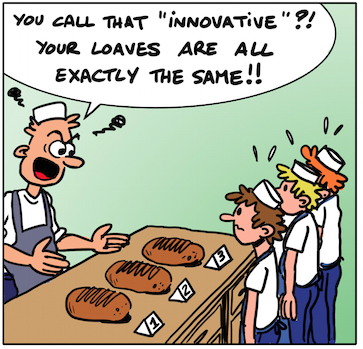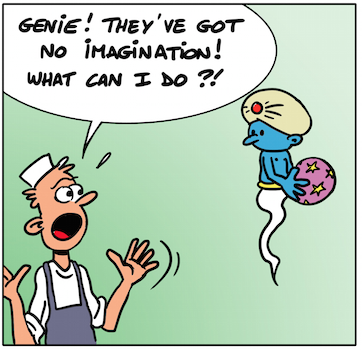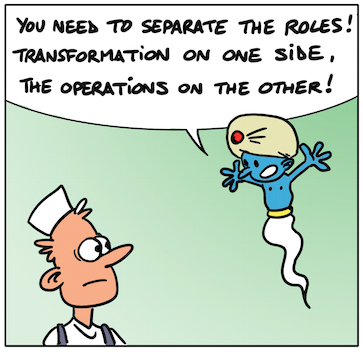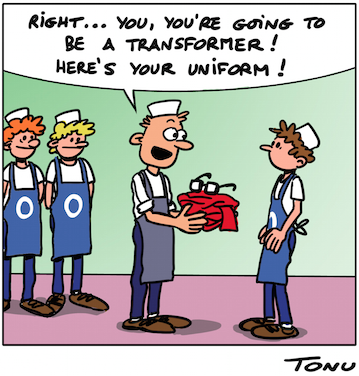IT departments have understood this well as they have
traditionally isolated "studies" from the "IT operations".
- they produce the Enterprise revenues, whereas Transformation is a cost center: they therefore feel justified in managing the actions which use up the profits they have generated
- they know what does not work well and what needs to be improved
- they are close to the field and can come up with realistic Transformations, whereas Transformations hatched in an ivory tower by Transformers cut off from the reality of the Operations can fail
- they feel apprehensive about the level of change acceptable
to the Operational Actors
On the other hand, we cannot let them carry out heavy Transformations that require new Models to be created:
- they will always be absorbed as a priority by the Operations, to the detriment of the Transformation
- they lack, in general, enough time to make an assessment: they know how to optimize their Model, but they rarely know how to question it
- they rarely have the ability to build new Models
- they underestimate their teams' ability to accept change, if
it is well accompanied
- They will not direct the Transformation, but they will
participate in it
- When the Transformation Goal is being defined, their input is invaluable
- During the formulation of the new Model, their reactions are invaluable
- When the time comes to Deploy, they are very closely involved
- And they will provide an assessment of the
Transformation when the new Model is fully up and running
- Avoid the tunnel effect and present rapid, concrete results of the Transformation as successive deliverables to increase the credibility of the Transformation
- Do not hesitate to explain that the revenues they generate
are only possible because some people have built the Model they use
and that others manage their resources.

The story of George the Baker is made available under the terms of the
Creative Commons Attribution - NoDerivatives 4.0 International license.



